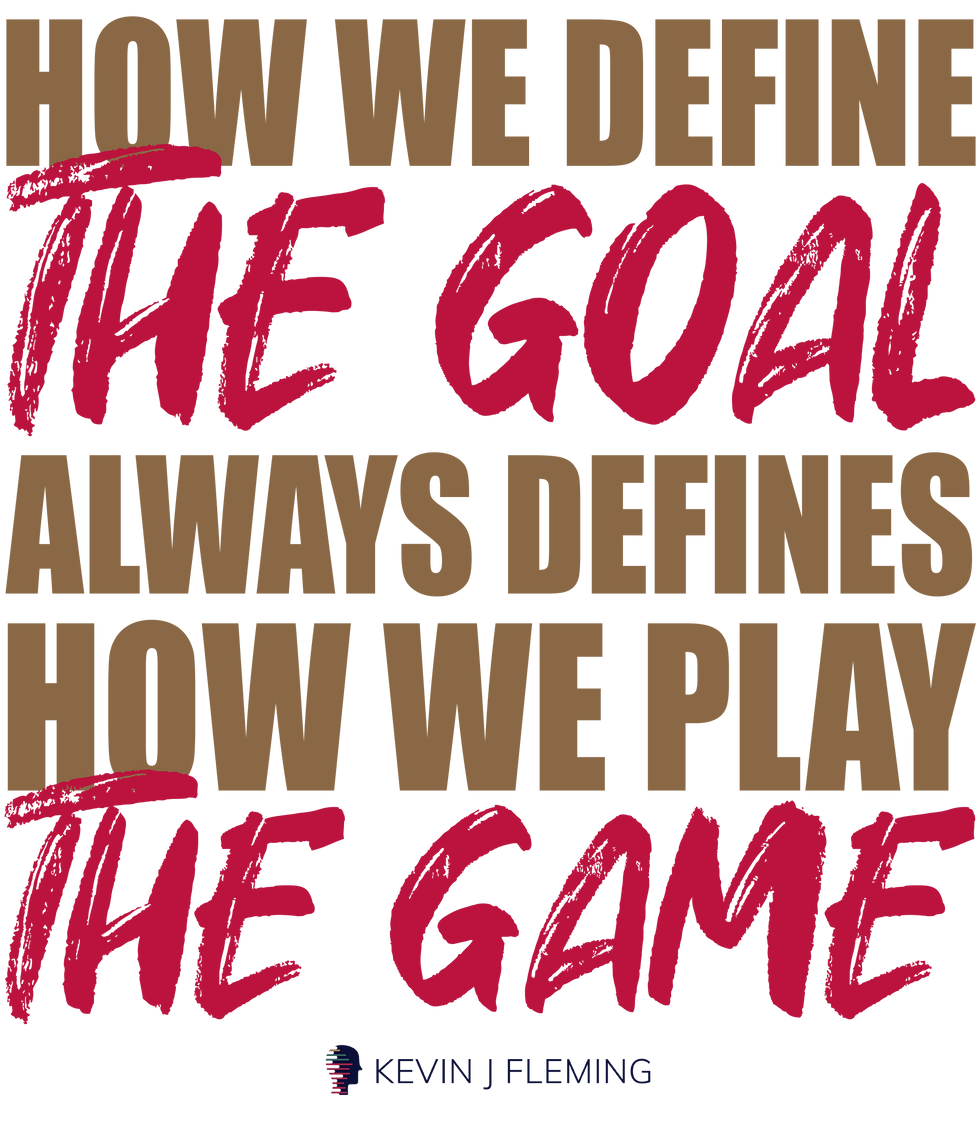Beyond “College for All”: Rethinking Postsecondary Pathways
- Kevin Fleming

- Oct 13, 2025
- 4 min read
Recently on social media, I shared a simple idea: every student should pursue some form of education or training after high school, but it doesn’t always need to be a traditional four-year degree - at least not right away.

I wrote:
“Rather than pushing every student toward a four-year university, I believe our vision (and our metrics) must be broader. Yes, I believe everyone should pursue education or training after high school, but it need not be a traditional college degree…at least not right away. Whether it’s a certificate, associate’s degree, apprenticeship, military training, community service, entrepreneurship, or other credentials, our focus should shift to some form of postsecondary preparation for each individual, aligning education with diverse talents and job opportunities.”
A colleague (a college President) pushed back. He replied:
“College for All. Period. Nursing is college. Welding and machining are college. Law enforcement training is college. Auto body and auto tech is college. Colleges are places where faculty experts teach rigorous curriculum to adults. It may be chemistry or physics. It might be agriculture or drafting. It's all college and everyone should be encouraged to attend and pursue their passion.”
I replied back to him…with data...no response.
This exchange highlights an important tension in how we define “college” and how we guide students.
The Reality: Postsecondary Matters, but One Size Doesn’t Fit All
The truth is, we’re more aligned than divided. Rigorous, faculty-led learning matters, whether it happens in a community college classroom, a welding lab, in collaboration with a clinical nursing program, or in a university lecture hall. The real question is: How do we best prepare all students for successful lives and careers?
Research is clear: postsecondary attainment—of some kind—is essential. According to the Georgetown Center on Education and the Workforce, by 2031 nearly 72% of U.S. jobs will require education and training beyond high school, yet fewer than half of those will require a bachelor’s degree.
This means we must expand our definitions and our metrics of success.
The Data: Multiple Pathways Lead to Strong Outcomes
High-growth careers don’t all require a B.A. The Bureau of Labor Statistics projects that many of the fastest-growing jobs—wind turbine technicians, medical technologists, HVAC specialists—require sub-baccalaureate credentials.
Certificates and associate’s degrees pay off. Research by Strada Education Foundation shows that graduates with high-value associate’s degrees or technical certificates often start their careers earning more than many bachelor’s degree holders.
Underemployment is real. Federal Reserve data reveal that roughly 41% of bachelor’s degree graduates are underemployed in their first job, while many certificate and associate graduates move directly into in-demand roles.
These realities show that education must be diversified, not homogenized.
Reframing the Conversation: “Postsecondary for All”
Instead of “college for all,” I believe the better vision is “postsecondary for all.” Every student deserves the chance to pursue rigorous, meaningful, and marketable education after high school. That might be:
A certificate or license in a skilled trade
An associate’s degree with relevant skills and applicable knowledge.
An apprenticeship that combines hands-on learning with industry credentials.
A bachelor’s degree in liberal arts, business, or science.
Military service defending our freedom
Or entrepreneurship and/or service programs that cultivate leadership and transferable skills.
I believe this broader vision honors the diversity of talents, aspirations, and opportunities that students bring to the table—and it better matches the reality of the labor market.
Words Matter
Let’s retire the false dichotomy of “four-year degree vs. nothing.” It’s not “college or bust.”
It’s education beyond high school, tailored to the individual, aligned with workforce needs, and valued by society.
If we truly want to serve every learner, then our mantra should be:
“Postsecondary for All.”
THE METAVERSE IS HERE
The metaverse is not a distant possibility. It is already transforming how students learn, how educators teach, and how institutions prepare for the evolving future of work. In her Future of Learning masterclass, Technology and the Metaverse, Dr. Muhsinah Morris introduces educators to the power of immersive, student-centered learning experiences that extend far beyond traditional classroom walls. Through her expertise as the world’s first Metaversity Director, Dr. Morris provides a clear, actionable roadmap for integrating XR, Web3, and AI into education with purpose and sustainability. Participants will discover how to design their own metaverse culture, where innovation and engagement thrive side by side.
This transformative masterclass highlights real-world applications through Morehouse College’s pioneering “Metaversity,” where academic courses, student life, and institutional collaboration take shape in virtual environments. Dr. Morris unpacks the essential elements of a thriving digital learning ecosystem, exploring topics such as blockchain, IP law, entrepreneurship, and fintech. By offering a scalable framework for future-ready institutions, she equips schools to assess readiness, train faculty, and build champions for long-term digital transformation. Join Dr. Morris to learn more about a practical, inspiring invitation to lead education into its next great frontier.
Earn University Credit
Through Catapult’s partnership with the University of Central Missouri (UCM), educators can now transform professional development into university credit. By completing three Catapult Masterclasses, participants earn one UCM undergraduate or graduate credit, providing a meaningful way to advance their credentials while gaining practical, classroom-ready strategies. This collaboration ensures that professional learning not only strengthens teaching effectiveness but also contributes directly to career advancement and continuing education requirements. With flexible membership options for individuals, teams, and institutions, Catapult makes it simple to connect impactful learning with recognized academic achievement helping educators truly Make Education Relevant®.




Comments